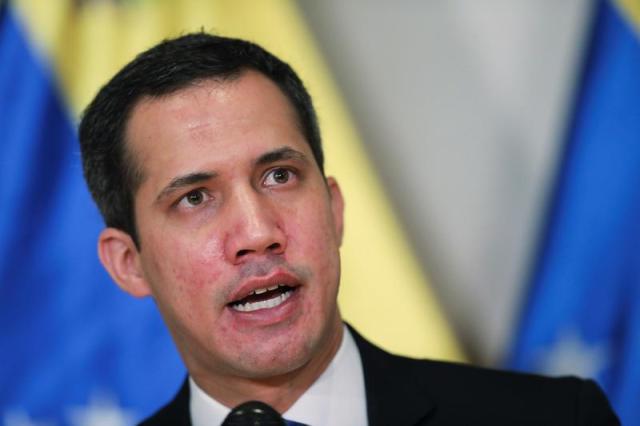
Polling stations in Venezuelan opened on Sunday for a vote to choose a new congress that the opposition is boycotting and most Western nations call a fraud by President Nicolas Maduro to retake the last state institution not in the hands of the ruling Socialist Party.
By Brian Ellsworth and Sarah Kinosian/ Reuters
The vote is almost certain to return congress to Maduro’s allies despite his government struggling with an economy in ruins, aggressive U.S. sanctions that stifle the OPEC nation’s oil exports, and the migration of some 5 million citizens.
Members of the new congress will have few tools to improve the lives of Venezuelans whose monthly salaries rarely cover the cost of a day’s groceries, nor will their election improve Maduro’s reputation among Western nations for mismanagement and undermining of human rights.
It could, however, provide legitimacy for Maduro to offer investment deals to the few companies around the world willing to risk running afoul of Washington’s sanctions for access to the world’s largest oil reserves.
Many Venezuelans struggling with basic needs such as electricity, security and food express weariness with the country’s politicians, who they say have done nothing to stem the slide in living conditions. Fewer people than in past elections were waiting to vote outside Caracas-area polling stations on Sunday morning, Reuters witnesses said.
“If we do not deserve their food, electricity, gas or water, they do not deserve our vote,” Hernando Escobar, 46, an indigenous leader and teacher in southern Amazonas state, told Reuters in an interview this week.
He said the school where he teaches gets food deliveries twice a month, but that supplies generally do not last through the day.
The election closes a cycle that began in 2015 when a euphoric opposition celebrated winning congress by a landslide, only to see their legislative powers swept aside by pro-government courts and the creation in 2017 of an all-powerful body known as the National Constituent Assembly.
Opposition leader Juan Guaido, head of the current congress, is calling on Venezuelans to skip the vote and participate in a Dec. 12 consultation that will ask citizens if they reject Sunday’s vote and whether they want a change of government.
“We all know that the result is already made up, it is fixed,” said Jose Guerra, a 52-year-old motorcycle taxi driver in the working-class neighborhood of Catia in western Caracas.
But some government opponents chose not to adhere to the boycott, arguing the vote was their only tool to enact change.
“We need to go out and vote to change Venezuela so there is no more hunger, so we can all have jobs and something in our pockets, to get rid of this bad government we have,” said Luis Alejandro Almeida, 32, a salesman in Catia.
While many professed opponents of Maduro are running, Guaido argues that they are in fact shadow government allies whose presence on the ballot serves to confuse voters.
Guaido has been recognized by more than 50 countries including the United States as Venezuela’s legitimate interim president, after most Western nations disavowed Maduro’s 2018 re-election as fraudulent.
Those countries are expected to continue their recognition of Guaido, though the opposition is discussing proposals that could limit the size of his interim government and reduce the number of ambassadors.
The legislature on Saturday approved a resolution condemning Sunday’s “event” as fraudulent and unconstitutional, adding it “violates Venezuelans’ right to hold free, transparent and fair elections.”
Despite U.S. President Donald Trump’s campaign of sanctions and diplomatic pressure, Maduro has remained in power, backed by the military and supported by Russia, Cuba, China and Iran.
The top U.S. envoy on Venezuela, Elliott Abrams, told Reuters in an interview on Thursday that there was strong bipartisan consensus in Washington over the need to keep pressure on Maduro, and that he did not expect major changes to U.S. policy when Joe Biden takes office on Jan. 20.

